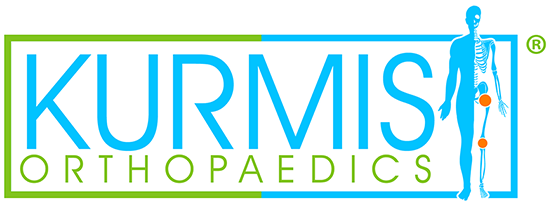What is motion sickness?
Motion sickness (or sometimes referred to as sea sickness or car sickness), is a common experience and complaint. It can occur when travelling on a bus/ car/ train/ plane or boat, but also when watching sports, scrolling on your phone and now, even in response to virtual reality. Common symptoms include nausea, vomiting, headache, sweating and drowsiness, amongst others.
This troubling response is believed to be caused by a sensory conflict situation where there is a mismatch in the sensations (visual, vestibular and somatosensory) that your body is trying to understand.
Information on your orientation in space comes via feedback from your eyes (your visual system), your inner ear (vestibular system) and your sense of touch (somatosensory system). When information from these systems do not match (eg sitting stable in a car, looking at your stable phone screen when the car winds around a bending road), you can experience a motion sickness response. Here, there is a discrepancy in what your body expects to feel and the actual feedback received.
What can you do?
Tips to help with this mismatch are to:
- Keep watching the horizon (using your vision to provide a stable reference point)
- Lean into the turns on a winding road
- Stand up in public transport
- Get a good night of sleep the night before
- See a pharmacist for medication advice
- Come in to see a vestibular physiotherapist for assessment and a tailored home exercise program
What can we do?
At The Physio Clinic we have accredited vestibular physiotherapists who can use standardised measures to test your sensitivity to motion. These tests identify the motions and positions that provoke your symptoms and help the therapist to prescribe the optimal exercise training regime. Exercises can include movements for your eyes, head and body, balance tasks and also some gradual exposure to movement so that we can best help you to adapt. These exercises aim to improve your sensitivity to motion – reducing your motion sickness!
Chloe Taylor, Accredited Vestibular Physiotherapist, Blackwood
For more information, phone The Physio Clinic on 8342 1233 or click below to book online
Prospect | Marryatville | Blackwood
Lackner, J.R. Motion sickness: more than nausea and vomiting. Exp Brain Res 232, 2493–2510 (2014). https://doi.org/10.1007/s00221-014-4008-8
Zhang, L.-L., Wang, J.-Q., Qi, R.-R., Pan, L.-L., Li, M. and Cai, Y.-L. (2016), Motion Sickness: Current Knowledge and Recent Advance. CNS Neurosci Ther, 22: 15-24. https://doi.org/10.1111/cns.12468
























